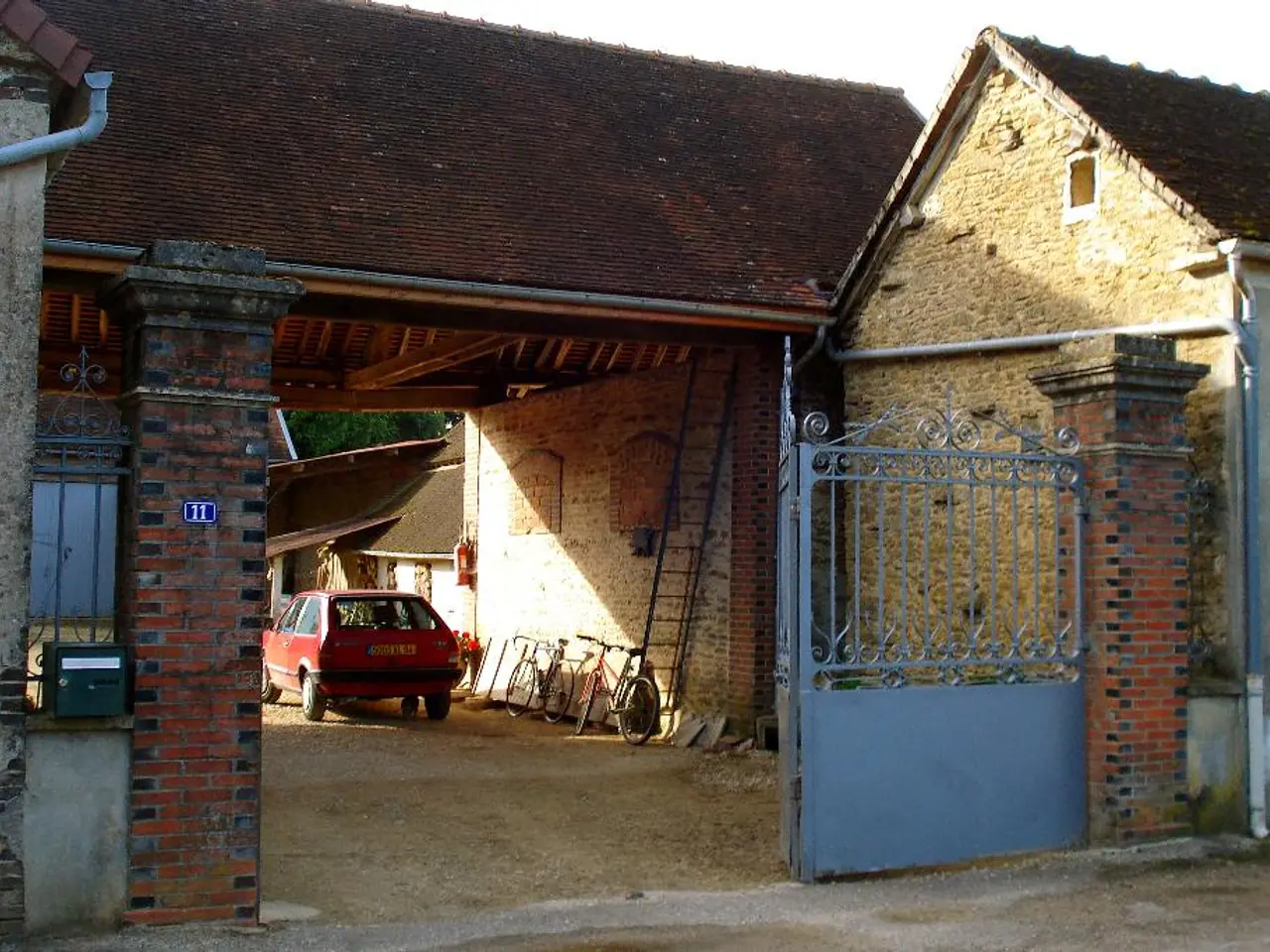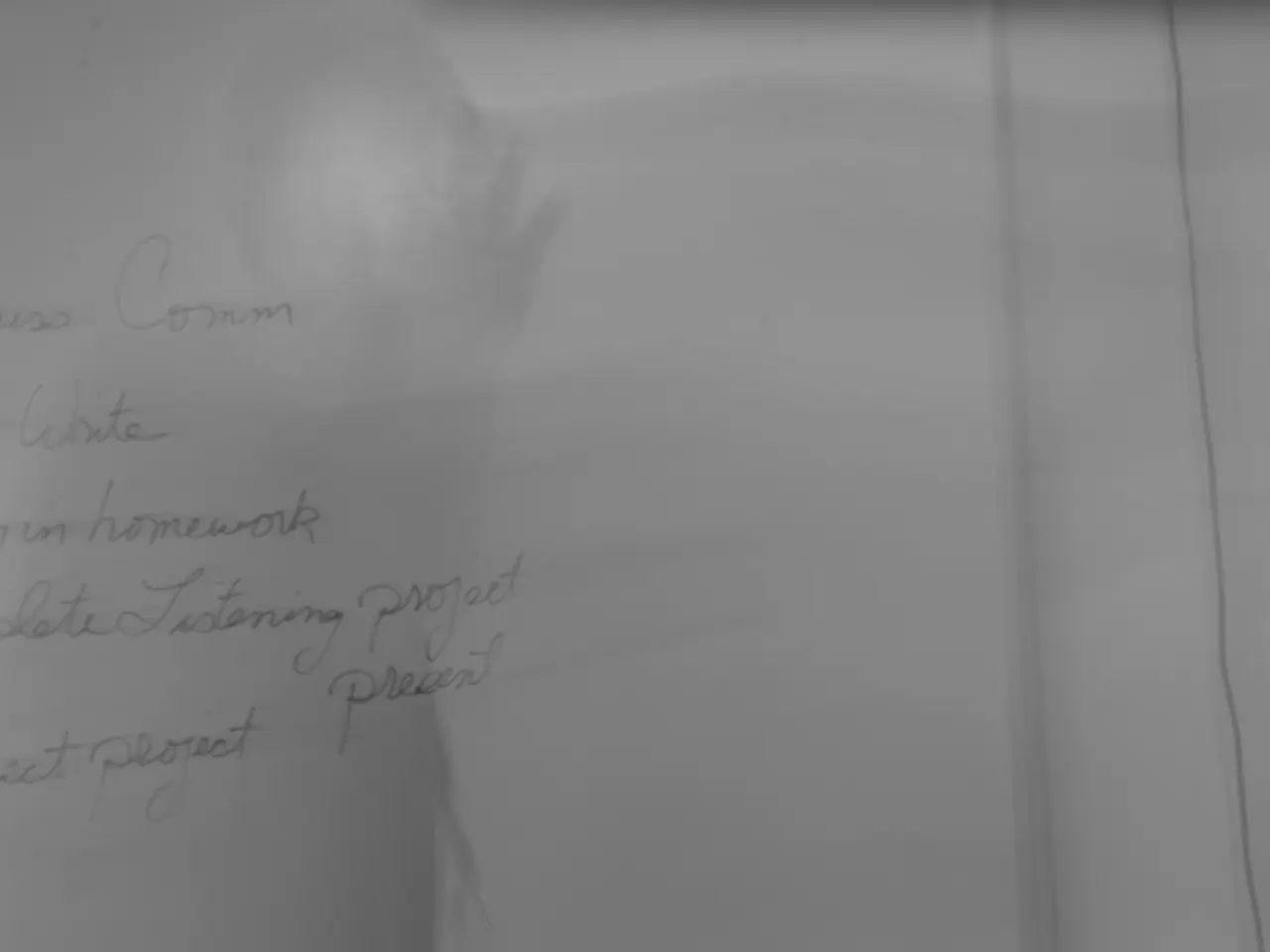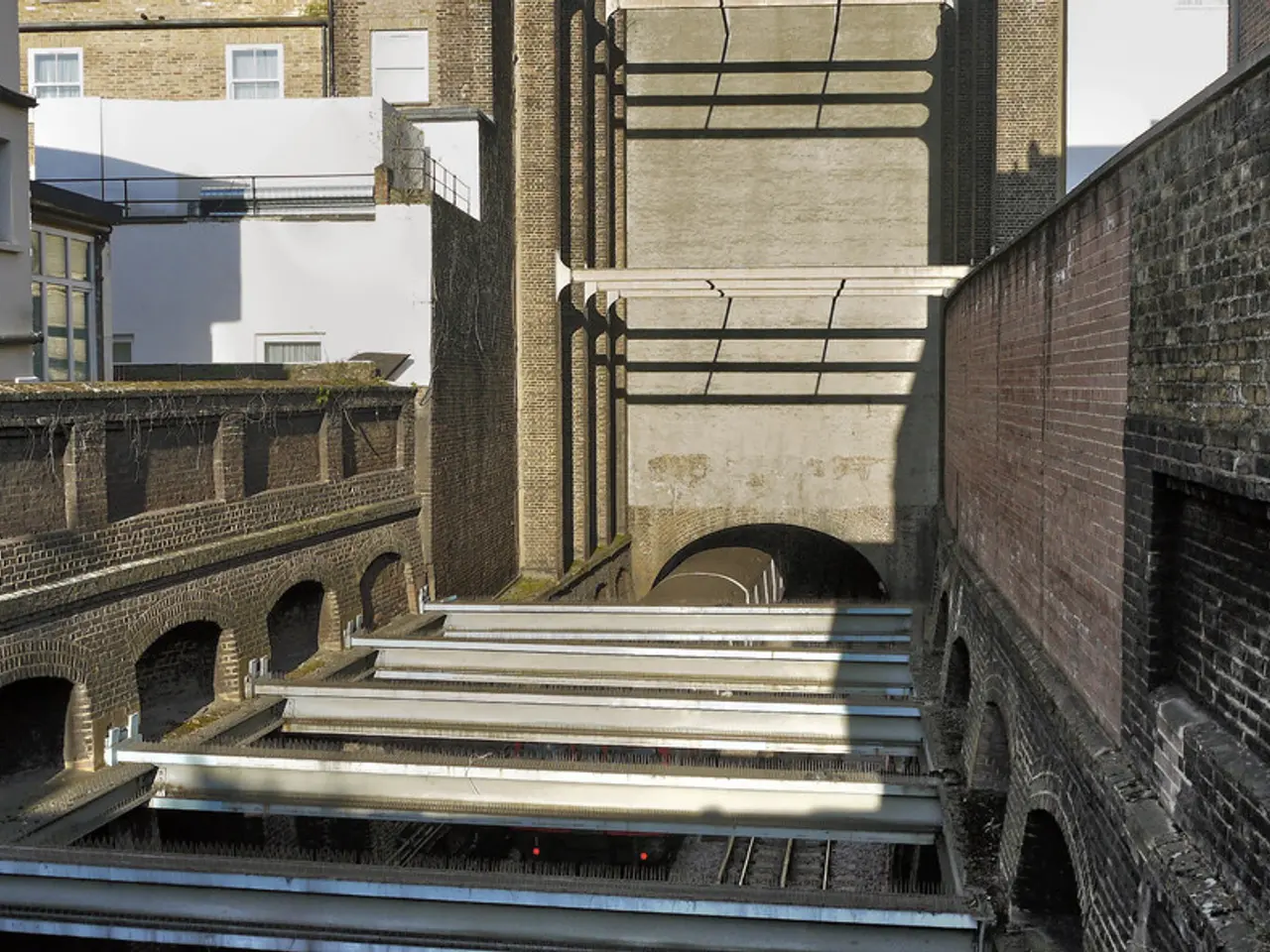Ensuring Robust Safety Measures in Residential Building Construction
When embarking on a construction project, property owners face numerous risks that require appropriate insurance coverage. Here are some key insurance policies that are recommended for construction projects:
Builders Risk Insurance
This insurance covers property damage to the structure under construction, including risks like fire, theft, vandalism, lightning, windstorms, hail, explosion, and natural disasters such as floods and earthquakes. It also covers collapse, debris removal, and soft costs like architectural fees and loan interest due to delays from covered losses. This insurance protects the structure, materials, and equipment until construction completion and is usually required by lenders before construction loans are approved.
General Liability Insurance
Essential for contractors and construction businesses, General Liability Insurance covers third-party claims for bodily injury, property damage, and personal injuries (e.g., libel or slander) resulting from construction activities. It typically includes "completed operations liability" coverage that protects against claims arising after a project’s completion, such as defects causing damage later.
Professional Liability Insurance (Errors & Omissions Insurance)
This insurance protects against claims from errors, omissions, or negligence in professional services during construction, such as design, engineering, or management mistakes.
Workers' Compensation Insurance
Workers' Compensation Insurance provides coverage for medical expenses and lost wages for employees injured on the construction site, ensuring property owners or contractors are not financially liable for worker injuries.
Fire, Flood, or Earthquake Insurance
Additional policies to cover specific natural disasters that may be excluded or limited in standard builders risk coverage, especially important in high-risk areas.
Inland Marine Insurance
Inland Marine Insurance covers property used by contractors such as tools, equipment, and mobile machinery that may be transported or used off-site.
Commercial Auto Insurance
Commercial Auto Insurance covers liability and physical damage related to business vehicles used in the construction process.
Exact costs vary widely depending on the project size, location, value, and risk factors such as susceptibility to natural disasters. Property owners should work with their insurance agents to tailor coverage and premium estimates based on their specific project details and risk environment.
Other optional but beneficial insurance policies include Glass Insurance, which covers damage to windows and permanently installed glass elements, and Natural Disaster Insurance, an addition to building or contents insurance, covering damage from extreme natural events such as floods, earthquakes, or landslides.
Construction Helper Accident Insurance supplements statutory accident insurance and prevents disputes in case of an accident. Premiums for these insurance policies depend on various factors such as the size and number of insured areas, the respective risk zone of the house, and the project's complexity.
In conclusion, obtaining appropriate insurance coverage is crucial for protecting your construction project from various risks. Consult with your insurance agent to determine the best policy combination for your specific project and risk environment.
- To ensure comprehensive protection against potential risks during a construction project, property owners must consider obtaining Financial Protection through Builders Risk Insurance, General Liability Insurance, Professional Liability Insurance, Workers' Compensation Insurance, Fire, Flood, or Earthquake Insurance, Inland Marine Insurance, Commercial Auto Insurance, Glass Insurance, Natural Disaster Insurance, and Construction Helper Accident Insurance.
- By discussing specific project details and risk factors with their insurance agents, property owners can tailor insurance policies and premium estimates to create a customized insurance plan that offers financial security for their construction projects.




